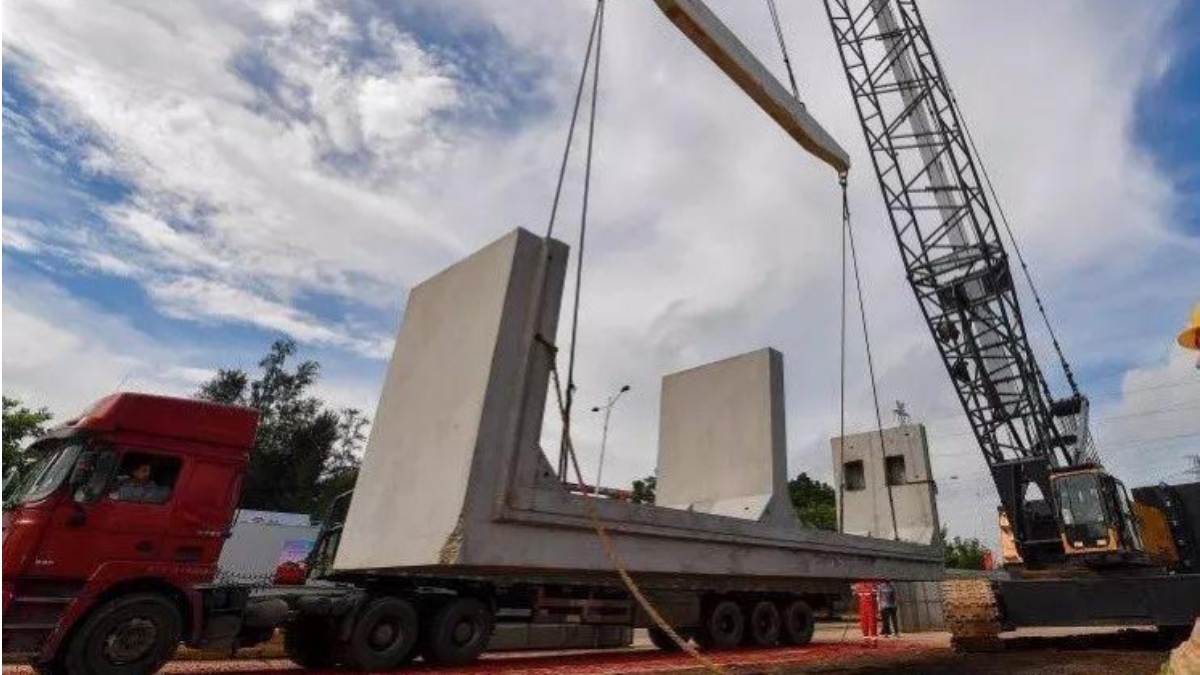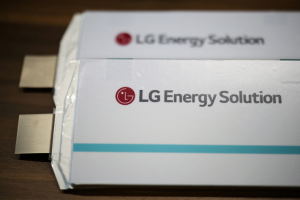(ATF) China’s central bank increased bond sales in April, sending debt trades surging 45%, as part of efforts to rebuild the nation’s coronavirus-shattered economy.
The People’s Bank of China (PBOC) issued 4.8 trillion yuan ($681.8 billion) of bonds last month, pushing the total amount of outstanding debt to 104.6tn yuan. That sent interbank bond market trades higher to 25.5tn yuan, representing an average daily turnover of 1.2tn yuan, up 45% year-on-year and 4.20% month-on-month, according to an announcement.
China’s governments and businesses have been urged to front-load their planned 2020 bond sales to the first half of the year to help finance economic reconstruction projects following the coronavirus epidemic. The lockdown and fallout from the virus shrank China’s economy in the first three month of the year, the first contraction in generations.
Transactions in the interbank money market totalled 122.7tn yuan, up 42% and 14.3% on March. The monthly weighted average interbank lending rate was 1.11%, down 29 basis points from March, while the monthly weighted average pledge repurchase rate was 1.11%, down 33 basis points from the previous month.
READ MORE: China housing market flatlines
READ MORE: China expands finance hub plan to bring HK closer to home
The Shanghai Composite Index closed at 2,860.08 points at the end of April, up 109.79, or 3.99%, from the end of last month. The Shenzhen Composite Index closed at 10,721.78, up 759.47 points or 7.62% from March.
The average daily trading volume in Shanghai was 241.5bn yuan, down 29.3% on March, while the average daily trading volume in Shenzhen was 386.3bn yuan, down 26.6%.
The hit inflicted by the epidemic was made evident in the latest data on tax paid to the government.
Fiscal revenue for the first four months of the year was 6.21tn yuan, down 15% from the period last year, according to data released by the Ministry of Finance.
READ MORE: China businesses go further into debt
READ MORE: China launches its first ‘blue bond’
Meanwhile, the PBoC skipped open market operations via reverse repos on Tuesday, arguing that the market has “reasonable and sufficient liquidity” at present
As no reverse repos matured, there was no net liquidity withdrawal from or net liquidity injection into the banking system on Tuesday, the PBOC said in an online statement.
A reverse repo is a process in which the central bank purchases securities from commercial banks through bidding, with an agreement to sell them back in the future.
The central bank will strengthen counter-cyclical adjustments and adopt more flexible monetary policy to fend off financial risks and support the real economy, central bank governor Yi Gang wrote in an article released on the PBoC website on Saturday.
























